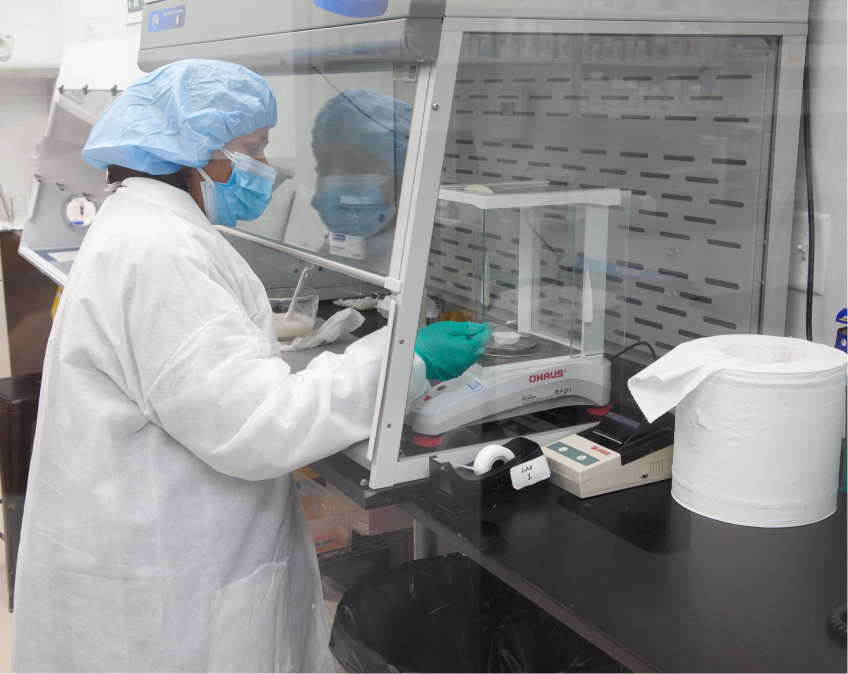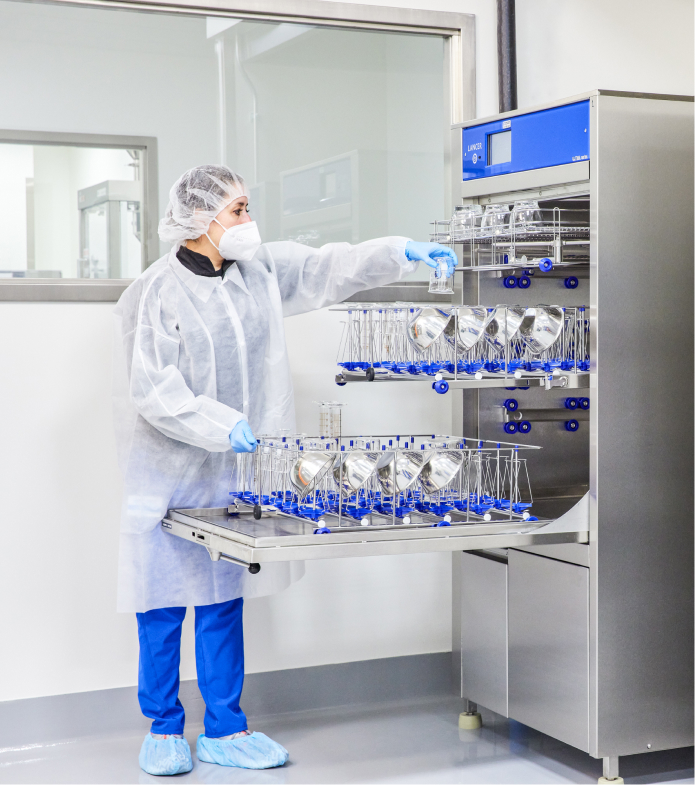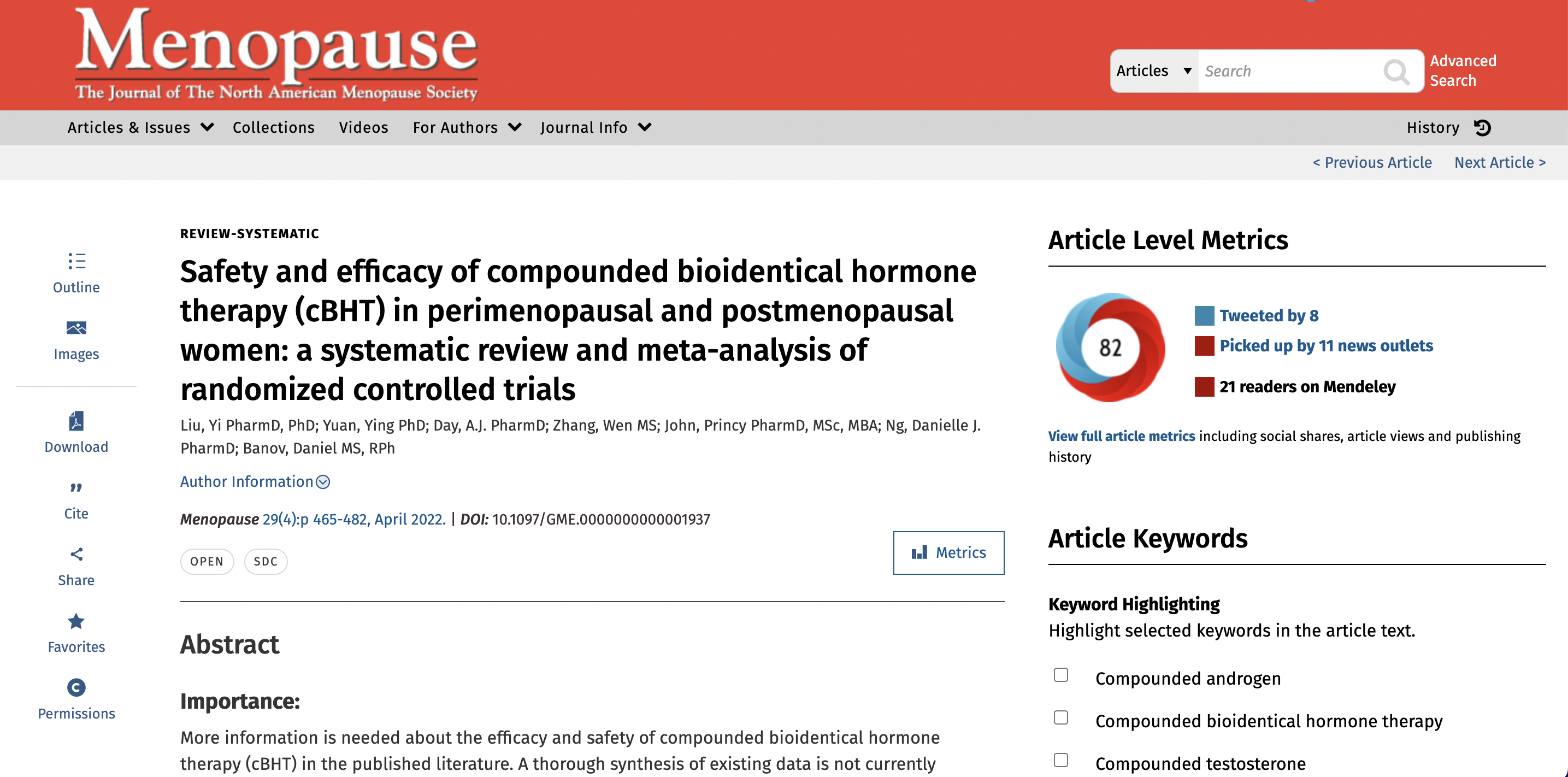About APC

The Alliance for Pharmacy Compounding (APC) is the voice for pharmacy compounding, representing 5,000+ compounding pharmacists and technicians in both traditional compounding pharmacies and outsourcing facilities as well as prescribers, educators, patients, and suppliers. Our mission is to ensure that millions of patients can continue to access compounded medications. Members of APC subscribe to the Pharmacy Compounders Code of Ethics, comprising ten tenets that guide their professional, clinical and business practices.
Every day, APC members play a critical role in patient’s lives, preparing essential, custom medications for a range of health conditions, including autism, oncology, dermatology, ophthalmology, pediatrics, women’s health, animal health and others.
Advocacy
APC advocates for compounding pharmacies and their patients on a range of state and federal issues affecting patient access to compounded medications. To learn more about those issues visit a4pc.org.


Education
The laws, regulations and standards governing pharmacy compounding are complex and evolving. APC helps educate pharmacists and technicians to ensure an understanding of that regulatory framework and adherence to the highest ethical standards.
We routinely host live CE webinars as well as on-demand CE programs on a range of scientific and regulatory compliance issues. In collaboration with Virginia Commonwealth University and the Pharmacy Compounding Foundation, APC offers a 15-hour foundational curriculum, The Ethical, Legal and Regulatory Foundations of Pharmacy Compounding. We designed this course to help compounding professionals understand not only how to compound but also the legal and compliance framework that protects patient safety.
.png?width=240&height=113&name=APC%20logo_tagline+R_CMYK%20(1).png)


